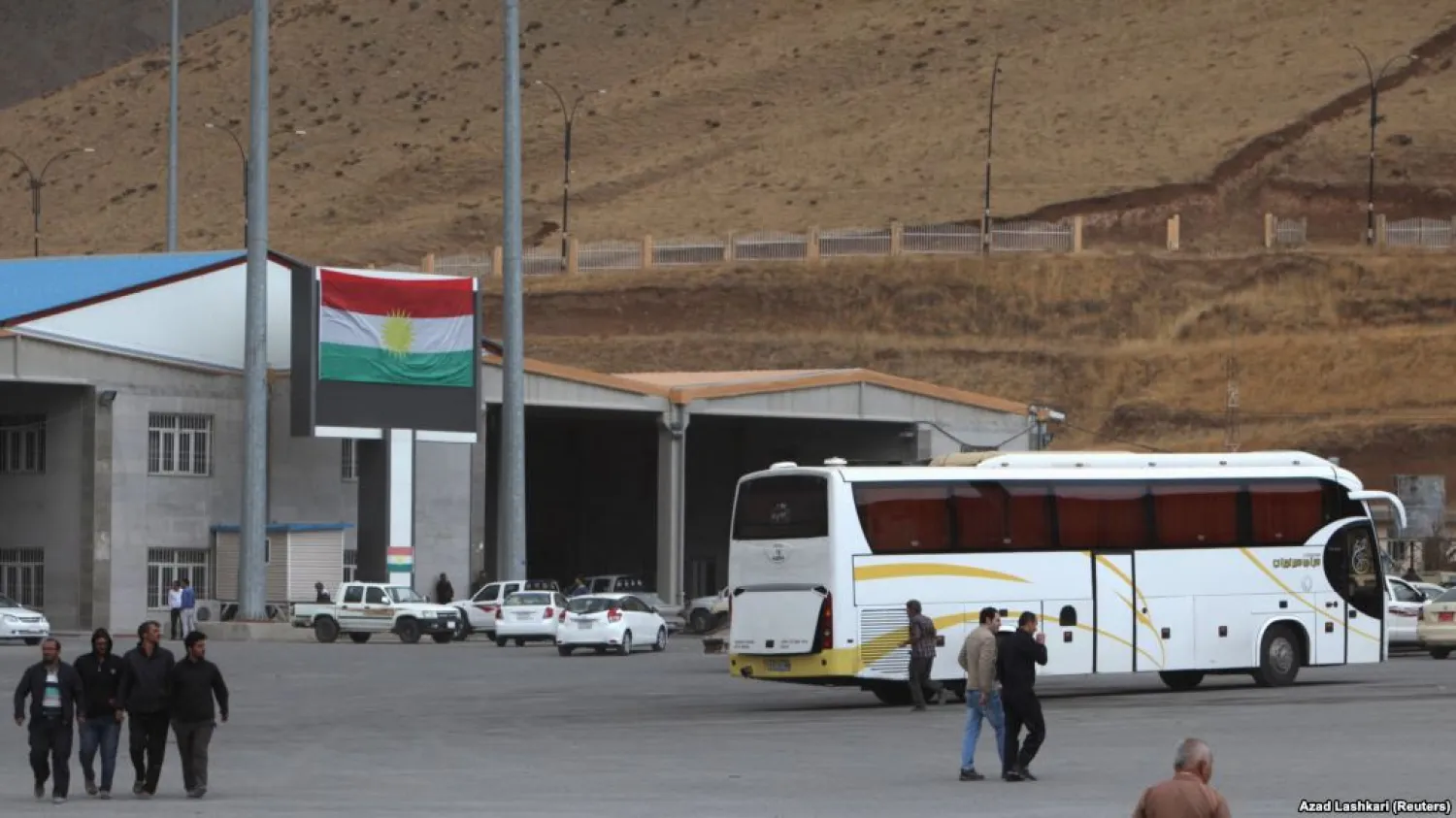Border crossings linking Kurdistan region of Iraq with Iran and Turkey were points of political disagreements between Baghdad and Erbil prior to the September 25 independence referendum, and even became a major obstacle before the normalization of political and administrative relations between the federal government and regional government.
Baghdad still demands that the Kurdistan government hands over the five official crossings to the federal authorities as a condition to start the dialogue and political negotiation with the region. The federal government even sought to seize these crossings, that link the region and Iraq with Turkey and Iran, by military force, through coordination with Ankara and Tehran.
However, this project seems to have been disrupted by the superpowers that pushed the federal government into resorting to a peaceful option and political dialogue to resolve the problem of the border crossings.
Despite the prior agreement between Iran and Turkey in this regard, Tehran closed its three border ports with Kurdistan for 40 days, and then voluntarily re-opened them after Ankara procrastinated closing "Ibrahim Khalil" vital port, in an attempt to monopolize Kurdistan's markets.
Kurdistan has five official main border crossings with the three neighboring countries: Ibrahim al-Khalil, that links the country with Turkey, Faysh Khabur crossing west of Dohuk, which links Iraq with Syria, Haj Omran crossing with Iran, and Bashmagh crossing with Iran, as well as the crossing Parvez Khan crossing with Iran.
Kurdistan’s general director of customs, Samal Abdul-Rahman, told Asharq al-Awsat that Kurdistan’s main five border crossings remain under the control of the region’s authorities, noting that Baghdad had not sent its observers to partake in the management of those crossings as agreed.
He revealed that revenues from operations at those crossings still go to the region’s government despite progress made in negotiations for the joint administration of those facilities. He explained that the agreement has not yet gone into action waiting for the broader political deal between Irbil and Baghdad.
The federal government issued a resolution earlier this year to close non-official crossings between the region and neighboring countries, which are over 10 crossings that have already been closed.
Abdul Rahman indicated that Kurdistan government considers all the crossings linking the region with neighboring countries to be official, however, Baghdad officially recognizes only five crossings: Ibrahim al-Khalil, Faysh Khabur, Haj Omran, Bashmagh, and Parvez Khan.
Trade exchange between Kurdistan with Iran and Turkey reached about $10 billion with Ankara, and about $6 billion with Tehran, according to the general directorate of customs.
Meanwhile, director of Haj Omran crossing, Masoud Bakeli announced that trade with Iran is gradually returning to normal, now that Winter season is almost over. The crossing was closed by Iranian authorities at the request of the Iraqi authorities, and it was reopened two months ago.
Hajj Omran has not received any staff, observers or even administrative instructions from the Iraqi government, Bakeli told Asharq al-Awsat.
The official denied that Iran has imposed specific conditions on the administration of the crossing in return for allowing the resumption of trade exchange.
"Iran closed the crossing by a unilateral decision and reopened it by a unilateral decision. We did not yet know the motives behind such decision," he indicated.
He also denied the export of crude oil to the Iranian side, but pointed out that a limited number of oil tanks transport black oil to the other side, based on official permits issued from the government.









